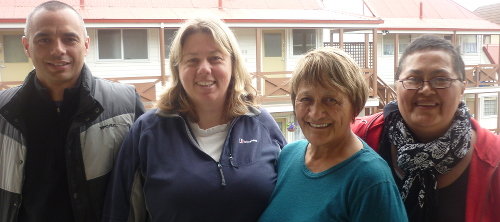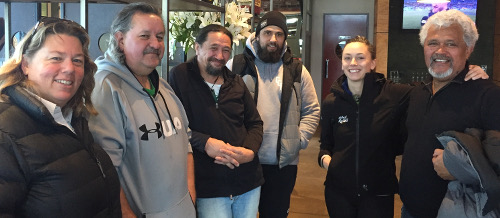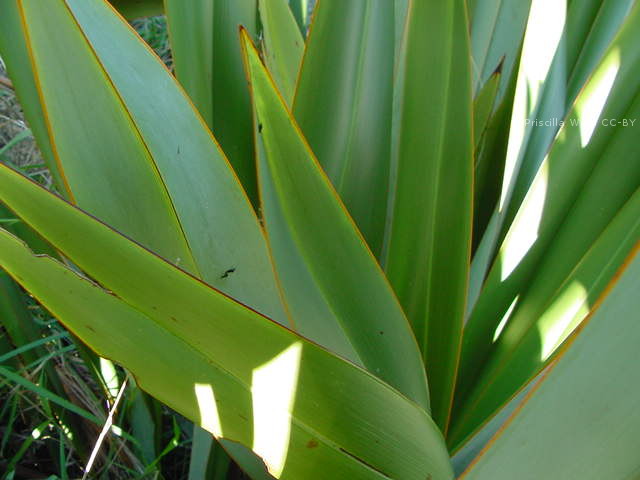Long Term Collaborators
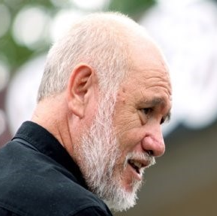
Dr Tom Roa (Ngāti Maniapoto, Waikato) is a Tainui leader and Ahorangi / Professor in the University of Waikato’s Faculty of Māori and Indigenous Studies, and a familiar figure on marae throughout Tainui and the country. As well as his own research scholarship, Tom is a translator extraordinaire, who has translated Alice in Wonderland and other classics into Māori.
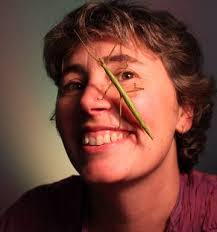
Dr Mary Morgan-Richards is Professor of Evolutionary Biology at Massey University, New Zealand. Mary does research in evolutionary biology, genetics and entomology, and is an outstanding mentor for emerging scholars. She uses endemic invertebrates to study species interactions, hybridisation and morphological evolution.
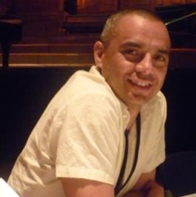
Dr Hēmi Whaanga is Professor in Te Putahi a Toi / Māori Studies at Massey University, Aotearoa. He works on a range of projects centred on the revitalisation and protection of Māori language and knowledge, including digitisation of knowledge. He affiliates to Ngāti Kahungunu and Ngāi Tahu.

Dr Murray Cox is Professor in Computational Biology at Massey University. His research group addresses fundamental questions in contemporary genomics: the study of an organism’s entire complement of DNA. Murray leverages his expertise in computational biology to explore questions at the interface of genomics, computer science and statistics, as well as anthropology and ecology.
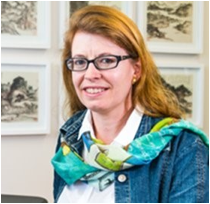
Dr Karyne Rogers is a forensic geochemist at GNS Science. Her recent research includes forensics, food authentication and traceability, environmental and contamination studies, archaeology and geochemical studies. She works as an outreach educator, communicating science to communities. Karyne also specializes in museum and heritage studies.
Other Collaborators
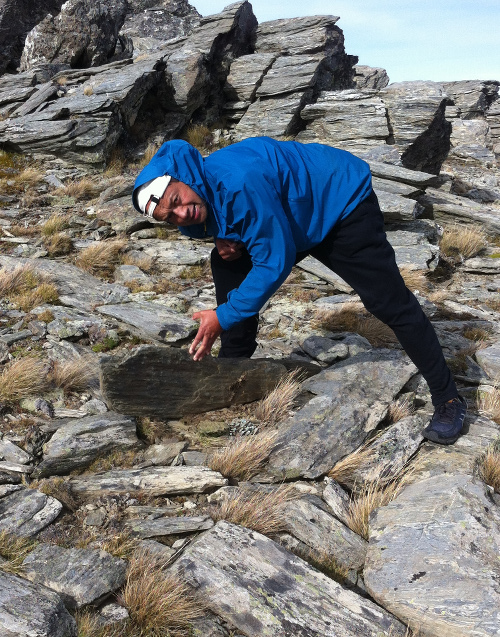
Wiremu Wehi is a clinical psychologist in private practice at Psychology mo Tātou. Wiremu has moonlighted as cultural collaborator and entomological assistant for many years, putting his undergraduate degree in Zoology to good use and helping train a next generation of natural history researchers.
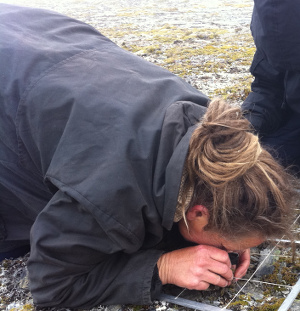
Dr Maia Mistral has a background in Fine Arts and Botany. Her PhD research examined some of the physical, mechanical and historical factors that contribute to the notion of a ‘good’ basket willow within a New Zealand context. She manages a small collection of wild genotypes and named cultivars of shrub and basket willow species with the help of a group of enthusiastic volunteers. The annual harvest is used to support basket making workshops.
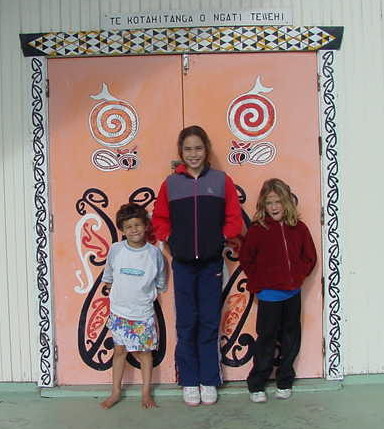
Whānau (Māori: extended family or community of related families).
Postdoctoral Fellows
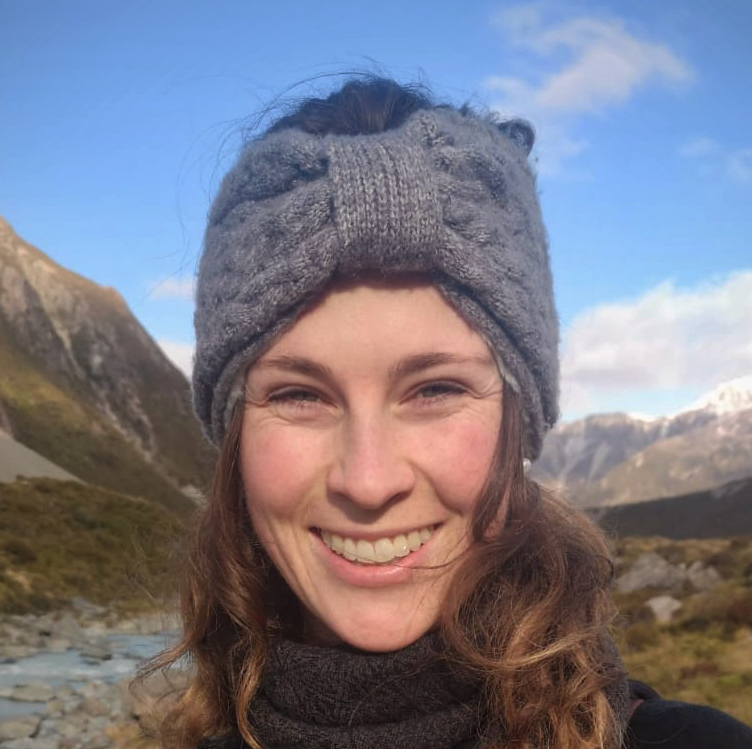
Aisling Rayne comes from a farming family in Canterbury with Irish, English and Scottish heritage. Her background includes working with community to co-create conservation genomic research. Aisling completed her PhD in 2021, and worked with Cilla as a postdoctoral fellow on Te Pūnaha Matatini’s Kindness in Science project in 2022. This project applies social and complexity science to understand and challenge the landscape of research, science and innovation in Aotearoa New Zealand.
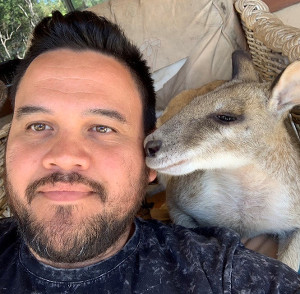
Billy Van Uitregt is (as he describes himself) a true-blue-dinky-dy Mozzie with Ngā Rauru and Tūhoe whakapapa and a dash of Dutch, who is now a lecturer at Te Herenga Waka / Victoria University of Wellington. He says “I’ve always loved animals and ended up studying zoology, finishing with a PhD in Evolutionary Ecology. Since then I’ve worked with Anindilyakwa and Nunga mob in Australia on environmental and conservation projects on their Country, trying to bring their world views and knowledge into science and policy. That mahi continues with Priscilla, with Dr Krushil Watene as co-mentor. We are researching how to reimagine Antarctic science, policy and governance with a te ao Māori and mātauranga lens. This mahi challenges Eurocentric conceptions of connection to place”. Billy was a postdoctoral fellow on this project in 2019-20.
Current Students
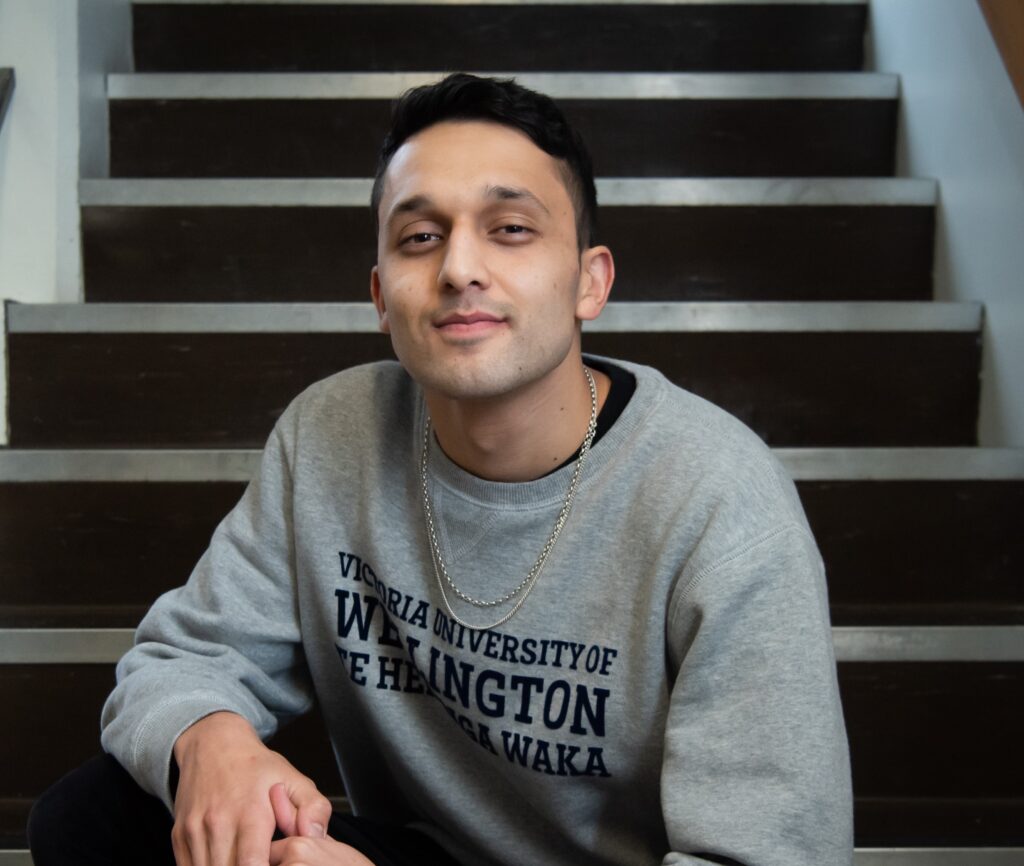
Finley Johnson (Rongomaiwahine and Ngāti Kahungunu ki Heretaunga) spent the 2020-21 summer working with Dr Rachael Shaw (Victoria University) and I on kākā behaviour and mātauranga, watching the birds and noting their behaviour at Zealandia one day, and delving into historical texts the next. He is now working on a PhD in Māori wellbeing with me, Dr Tia Neha and chief supervisor Prof Paul Jose (Victoria University).
Past Team members
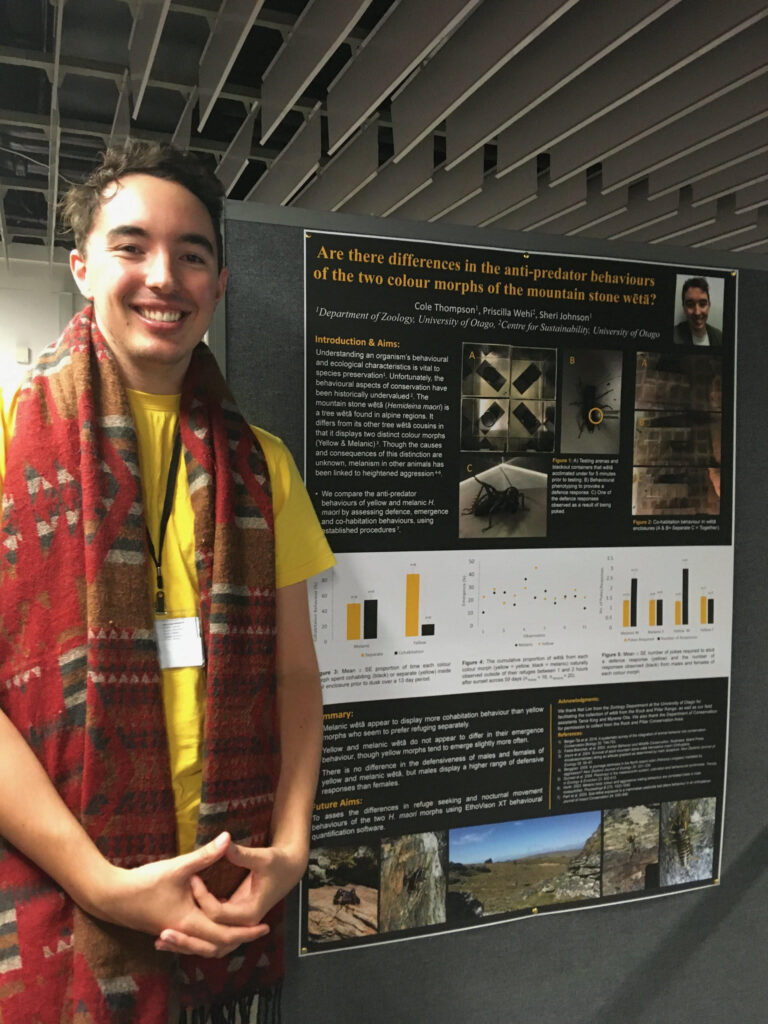
Cole Thompson (Ngāi Tahu) completed a summer scholarship in 2021 on the Otago wētā with Dr Sheri Johnson (Department of Zoology, Otago) and me. An inspiration in the field – curious and conscientious – Cole produced a wonderful poster for the 2021 NZ Entomology Conference which won third prize.
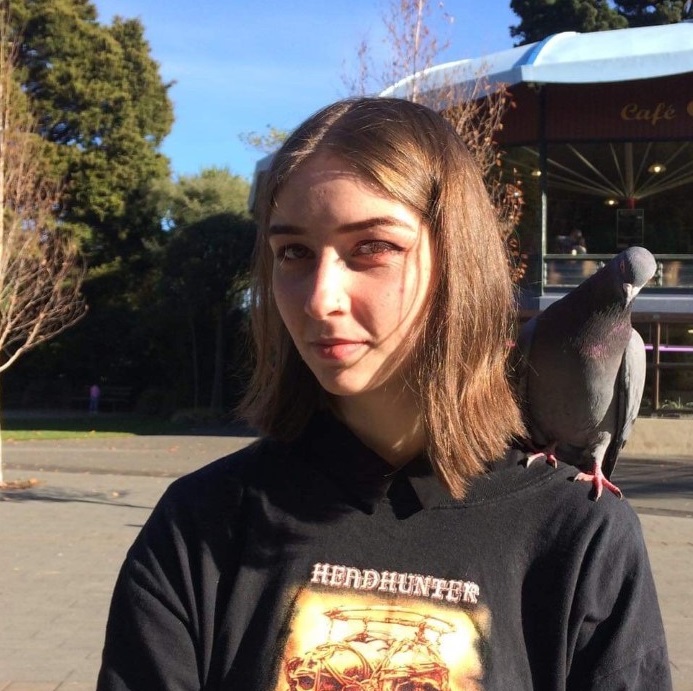
Meg Kelly, MSc (2021). Meg has just completed her first publication on the anti-predator behaviour and personality in tree wētā, drawn from her thesis. Her chief supervisor was Dr Sheri Johnson, University of Otago.
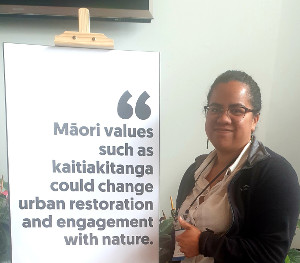
Erana Walker (Ngāpuhi) completed a PhD thesis researching kaitiakitanga in urban spaces in 2021. Kaitiakitanga is a Māori concept that includes practices of active stewardship related to our connections to place and nature. Erana’s thesis investigates how kaitiakitanga practices are undertaken by both mātāwaka and mana whenua (i.e. those who live outside their own tribal boundaries, and those who live within them), who reside in the Hamilton city area.
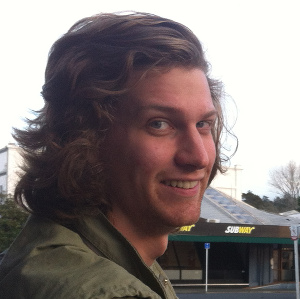
Matthew Bond, three month EAPSI fellowship from the National Science Foundation, and Royal Society of New Zealand. Matthew graduated with his PhD from the University of Hawai’i in 2020. Publication: Bond MO, Anderson BJ, Henare THA, Wehi PM 2019. Biocultural impacts of climatically shifting plant distributions. People and Nature 1: 87–102. 10.1002/pan3.15
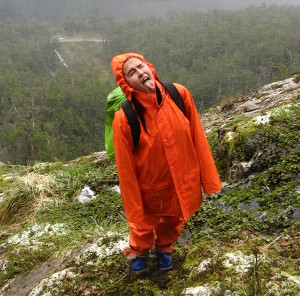
Javiera Tirapegui Cisternas, PhD (2019). Chief supervisor Professor Phil Bishop, University of Otago. Thesis: Translocation management of Leiopelma archeyi in the King country. Javiera has previously researched frogs in her home country, Chile. Of her photo, she says: “Snowy, chilly and wet, nothing better for finding frogs in Patagonia, Chile”.
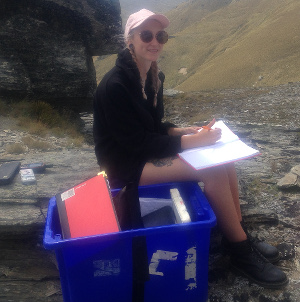
Adele Parli, MSc (2019). Chief supervisor Dr Sheri Johnson, University of Otago. Thesis: Sub-lethal effects of brodifacoum pesticide exposure on Wellington tree weta, Hemideina crassidens . Adele’s work has also featured in National Geographic.
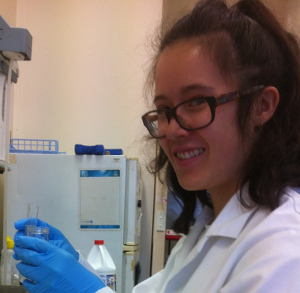
Grace Yee, MSc (2018). Chief supervisor Dr Travis Ingram, University of Otago. Thesis: The fight for coexistence: niche partitioning between kiore (Rattus exulans) and ship rats (Rattus rattus) on Chatham Island.
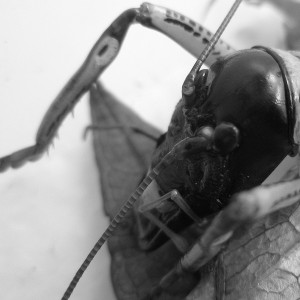
Matthew Brown, MSc (2013). Chief supervisor Dr Chrissen Gemmill, University of Waikato. Thesis: The Diet and Nutritional Ecology of the Auckland Tree Wētā Hemideina thoracica
Research Assistants and Summer Students
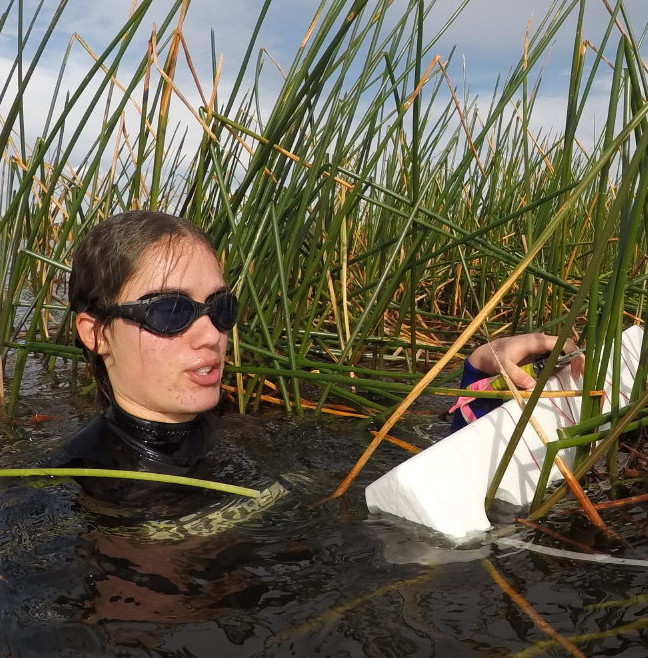
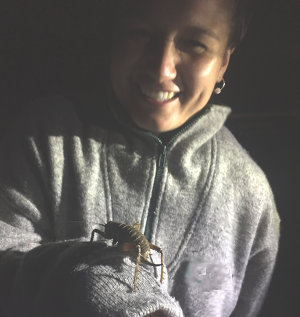
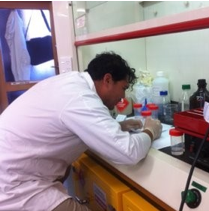
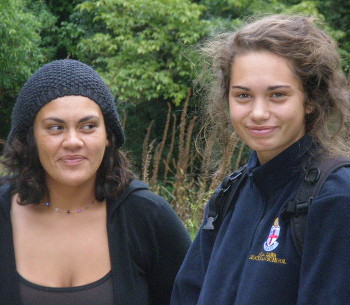
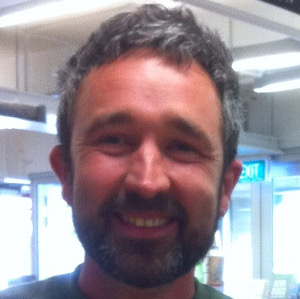
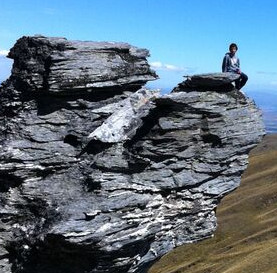
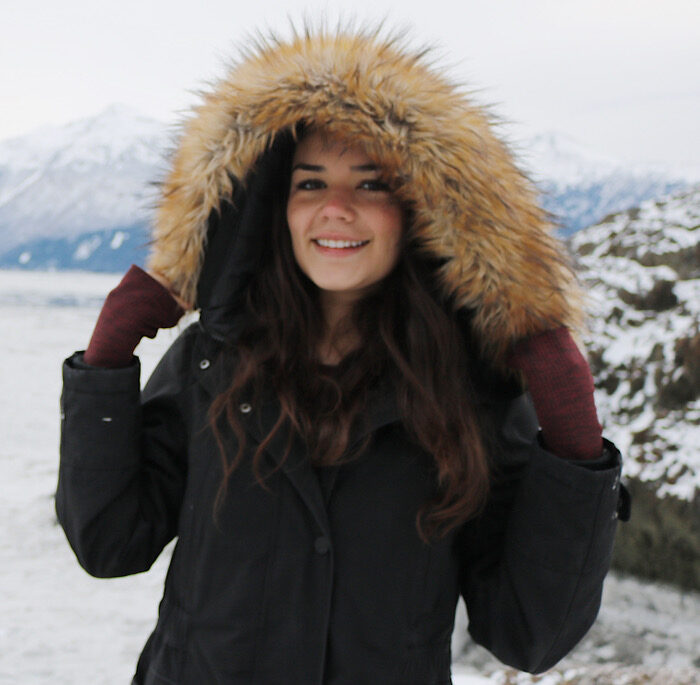
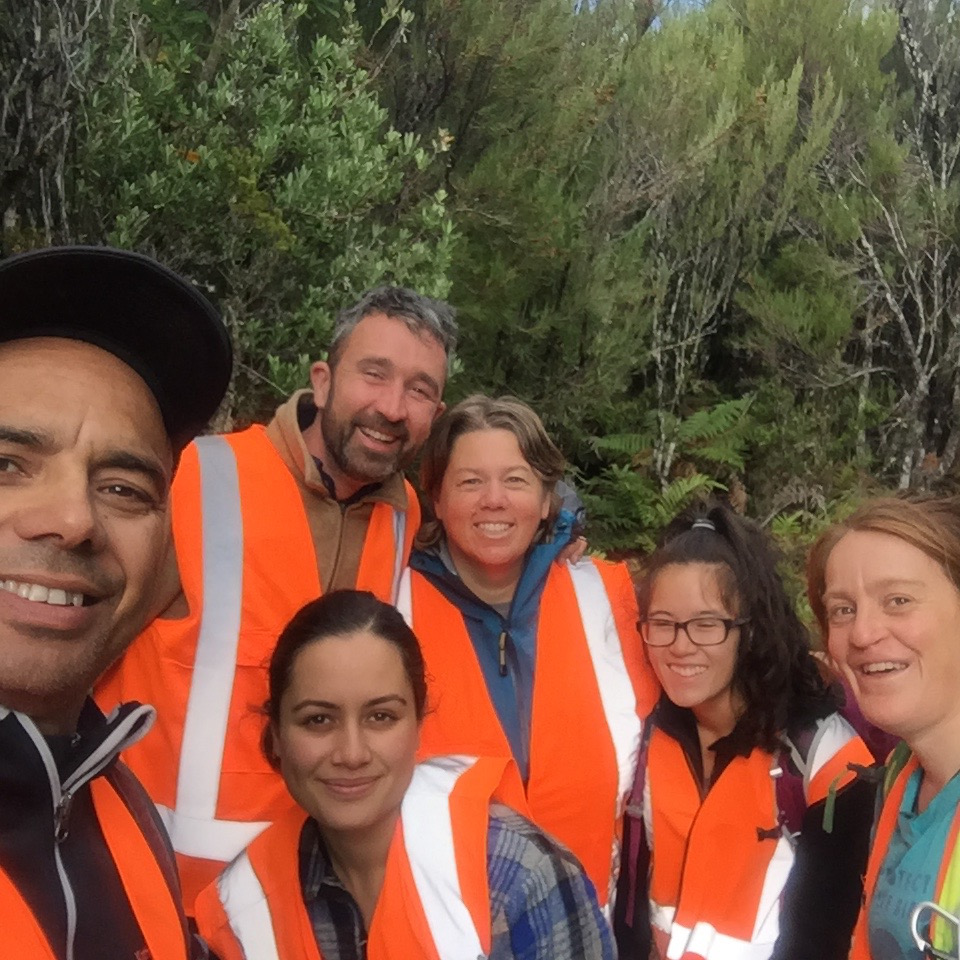
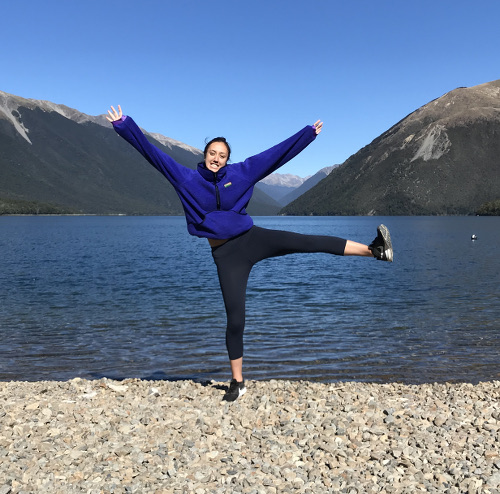
Community Partnerships
